Quick Links
Dungeons & Dragonssee a lot of different types of people trying out the hobby.
Some are skilled improvisers with a knack for getting in character.
Others are rules savvy and good at asserting themselves in the game.
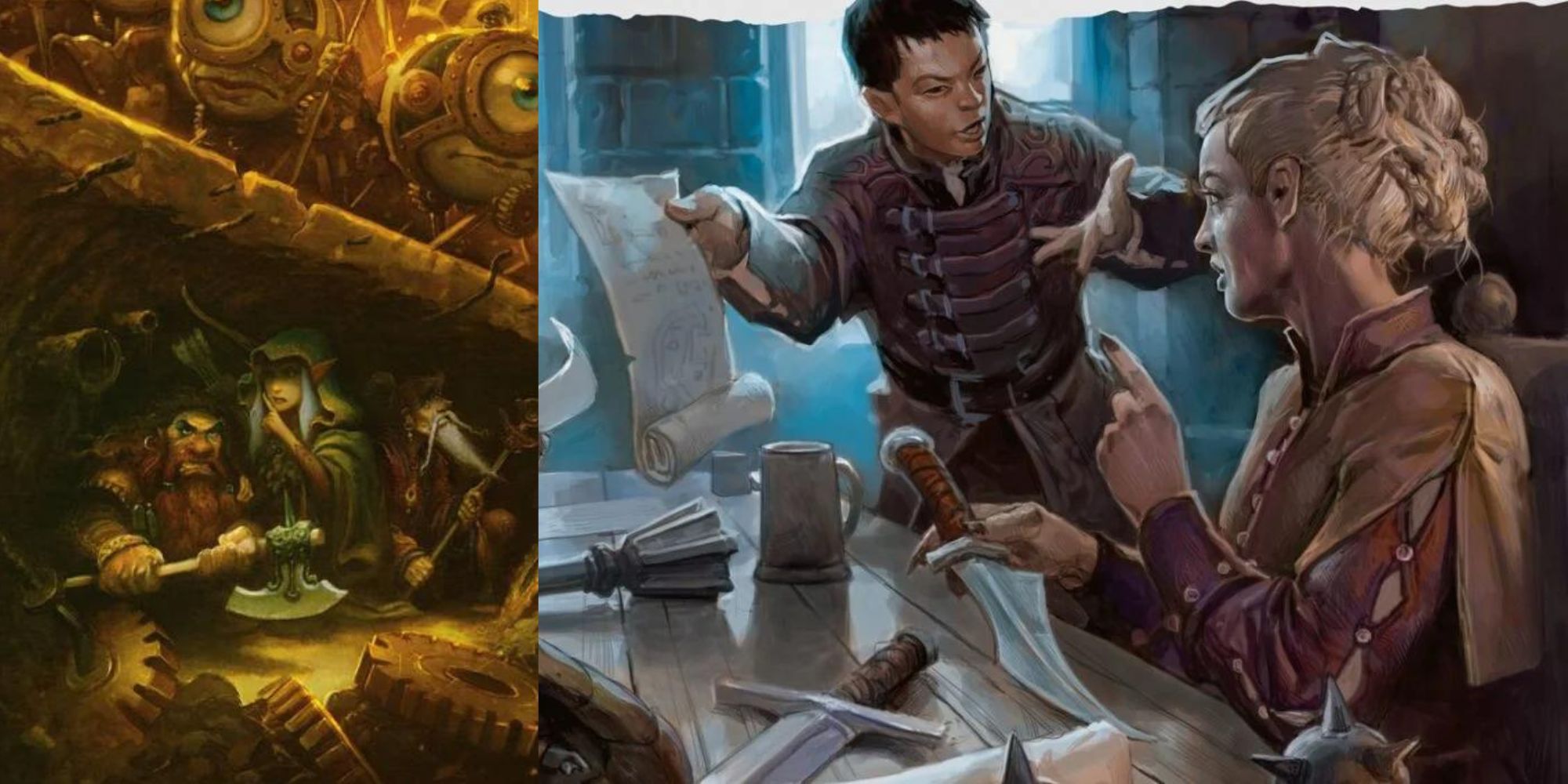
Forget the battle maps and the minis - let’s play theater of the mind Dungeons & Dragons combat.
Shy or anxious players can be a challenge to run for.
Pushing too far can put them in an uncomfortable spot before they’re ready.
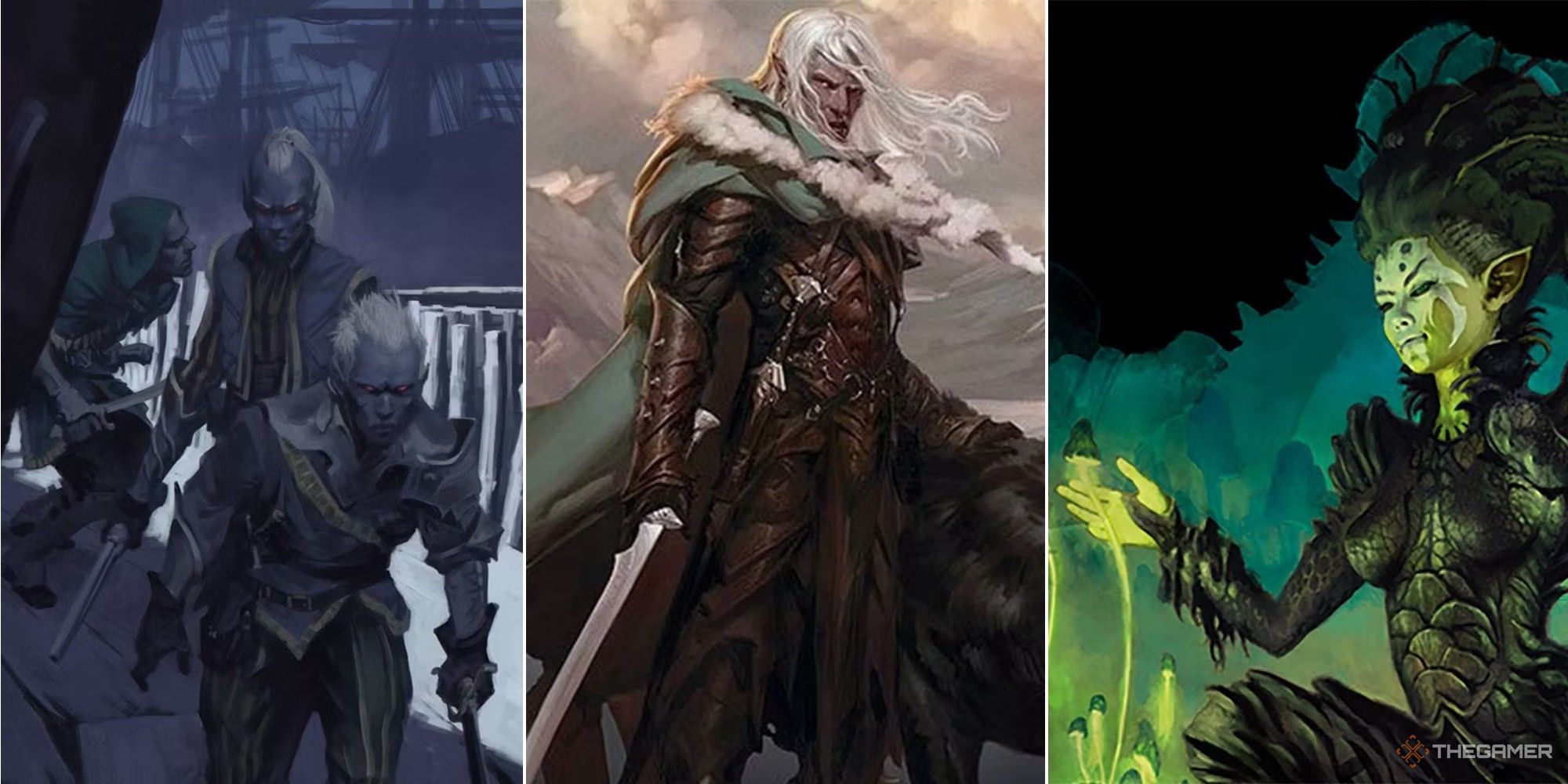
Foggy streets via Wizards of The Coast
Talk them through this choice in character creation butdon’t force them to change their mind.
Loud Boisterous Characters
Some shy people will deliberately create a character who exists outside their comfort zone.
Some will flawlessly slip into character as a person who presents as much more confident.
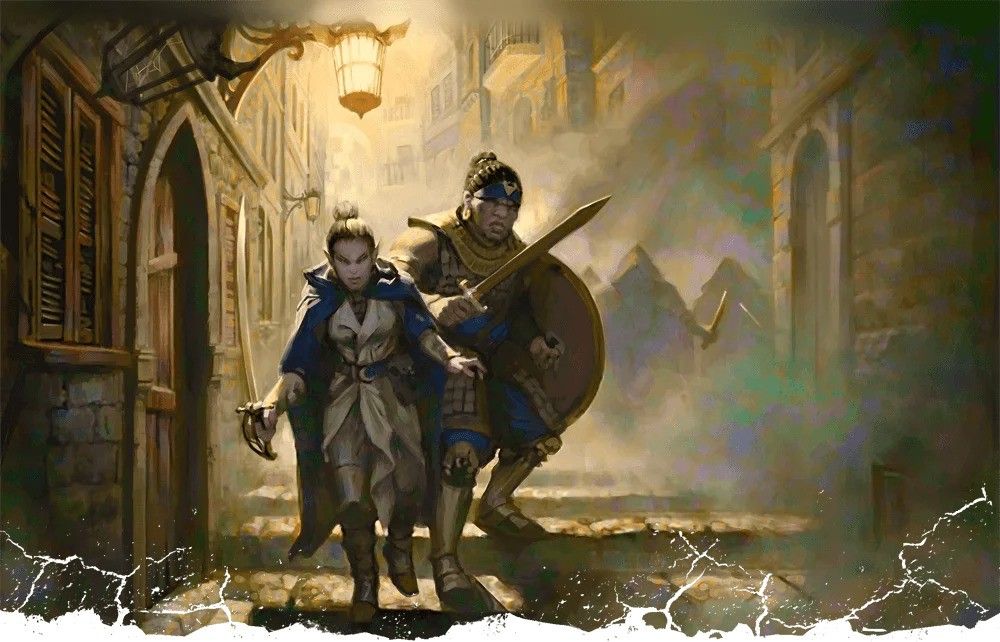
Foggy streets via Wizards of The Coast
Others will struggle withcharacter interaction and prefer rolling charisma as a mechanic.
You’ll want to be flexible on your DMing approach here.
Blank Slate Characters
Some characters aren’t designed with roleplaying depth in mind.
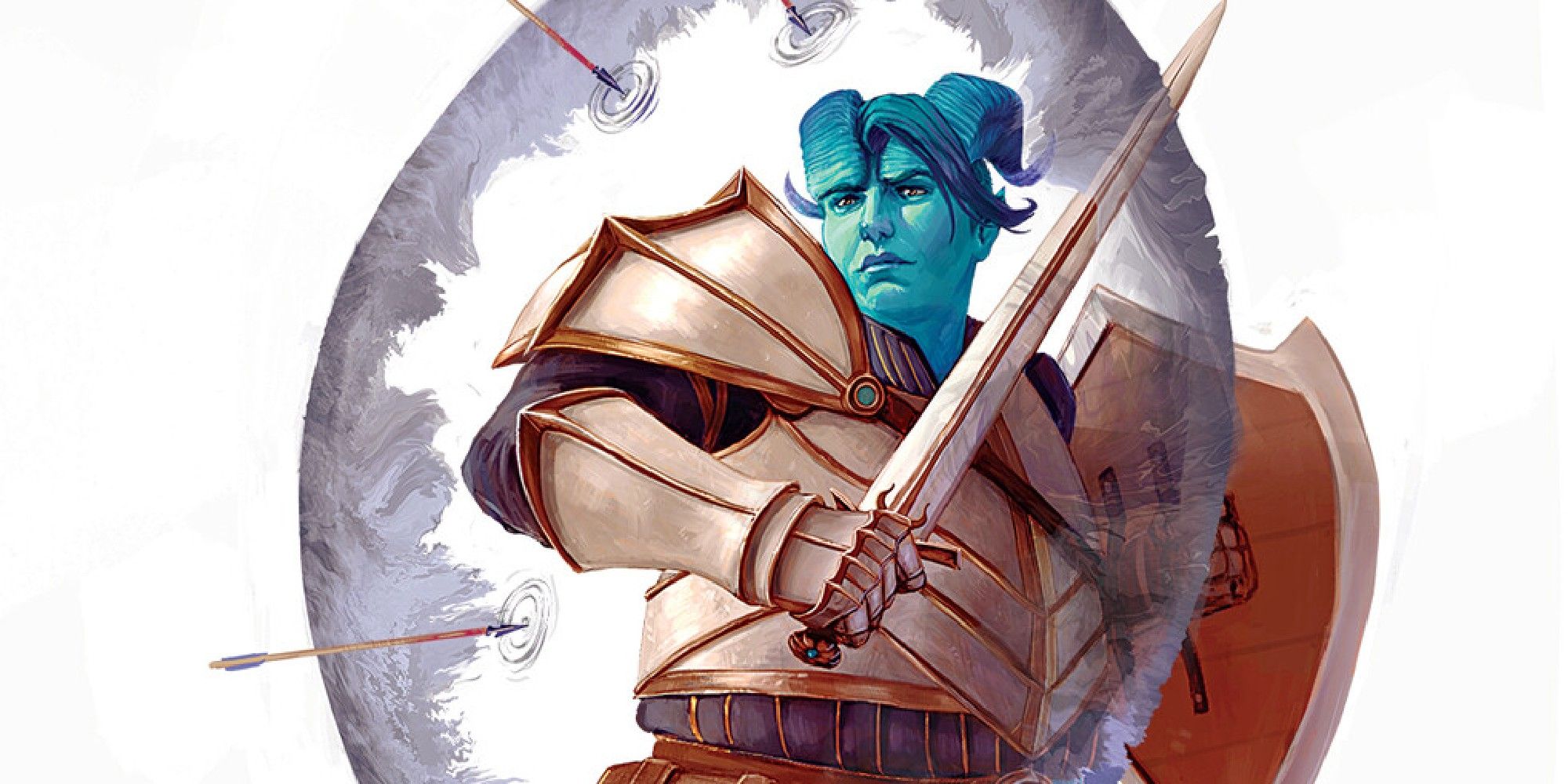
Tiefling Paladin by Nikki Dawes
They might have designed their character mechanics-firstwithout considering how or if they are able to roleplay as them.
When this happens it is very easy for the least assertive player to get sidelined out of participating.
When they propose something, slightly favour their choice to encourage their participation.
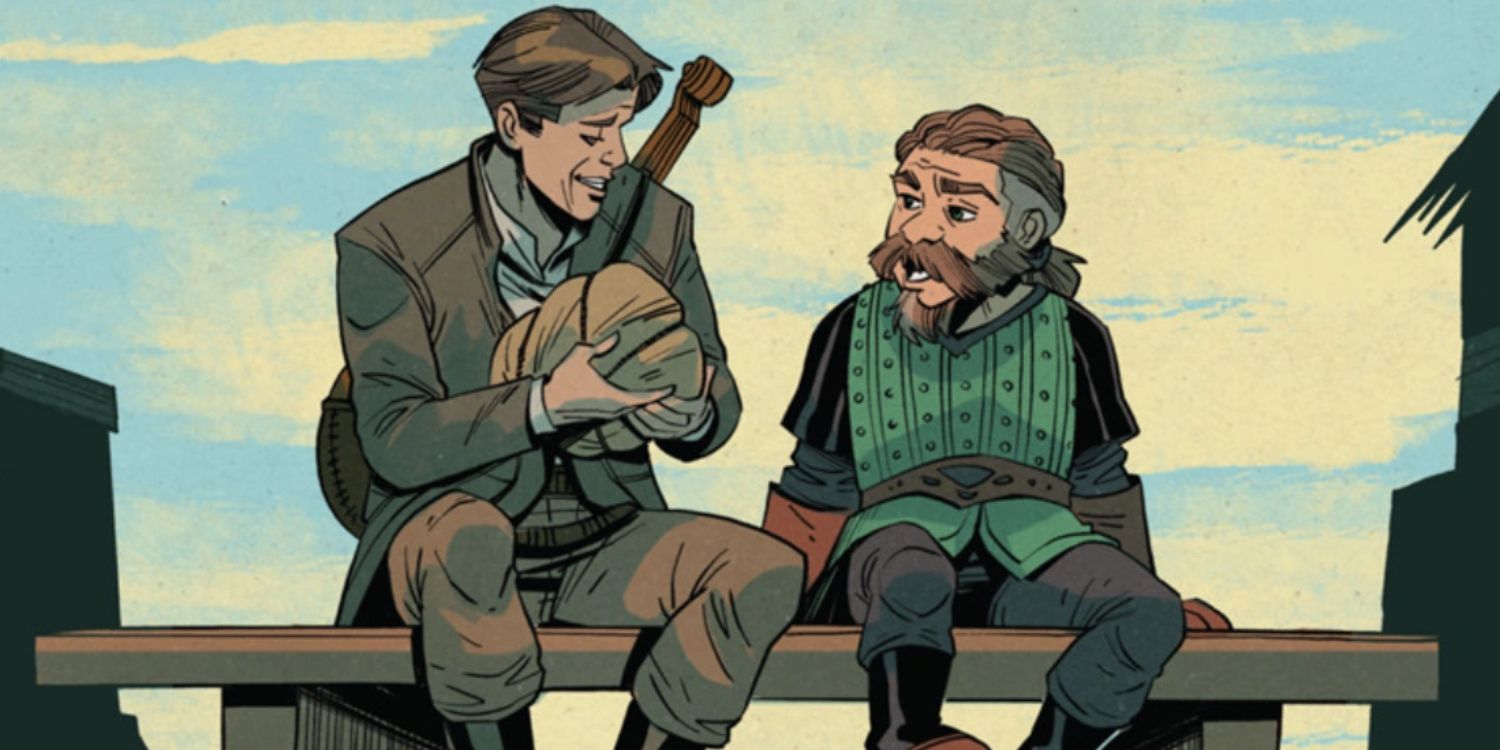
Grunnald and Edgin Darvis by Eduardo Ferigato
Social Initiative
Having a formal or informal initiative ladder out of combat can stop any players from feeling sidelined.
If youspeak to each player in isolation after the sessionyou’ll often get more specific points.
This is especially true for players who have difficulty being assertive.

Being specific also helps: If you ask"I’ve noticed you don’t participate out of combat.
Are you having fun?
“,this gives them something to build on when giving feedback.

The question “are you having fun?”
is a very important one.
Some people might seem quiet or non-participatory but still be really enjoying and engaged with the game.
You don’t need to force them to step out of their comfort zone.